Maintaining survey freedom
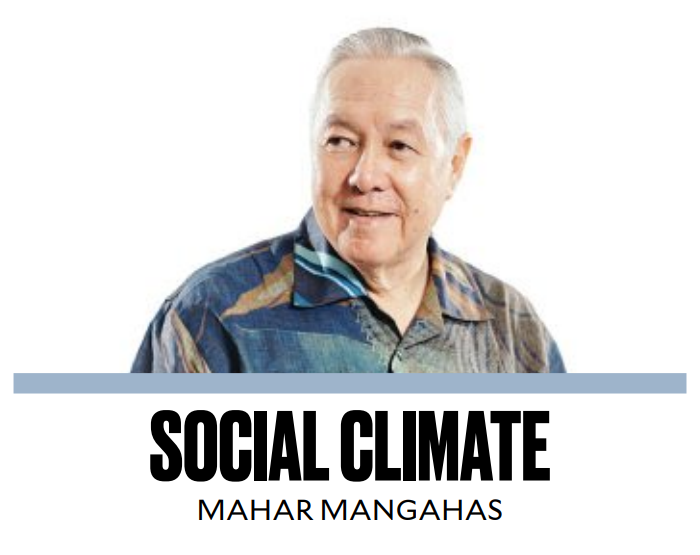
The good news. With elections just nine days away, the good news is that the Commission on Elections (Comelec) is not pursuing its recent Resolution No. 11117 (2/19/25), under which only preregistered entities would be authorized to conduct and publicly disseminate election surveys.
After meeting with representatives of survey-doers last Feb. 27, the Comelec reportedly said “it will no longer require organizations conducting surveys for the 2025 midterm elections to register with its Political Finance and Affairs Department.” (see “Comelec walks back registration requirements after meeting with survey firms,” by Johnson Manabat, abs-cbn.com, 2/27/25, which further says: “Comelec Chair George Garcia told media the commission doesn’t want to violate freedom of expression of speech and other rights guaranteed by the Commission.”)
One of those at the meeting was Social Weather Stations president/CEO Linda Luz B. Guerrero, who refuted Resolution No. 11117’s premise about “the significant influence of surveys in shaping voter preferences.” The evidence is also reviewed in “Have surveys disrupted elections?” (3/1/25), where I concluded: “any requirement of official permission before conducting an opinion poll–about elections or any other topic–constitutes prior restraint and is offensive to the right of freedom of expression.”
But Resolution 11117 is only in limbo. What still concerns me, however, is that Resolution 11117 is not fully off the shelf. There is a danger that it might be resurrected by Comelec at will. In any case, SWS has not filed for registration, and does not plan to do so. To submit to the risk of cancellation of registration is to limit its freedom of speech.
Philippine jurisprudence has consistently sided with election survey freedom. In 1998, a few days before the election, the Comelec tried to stop the ABS-CBN/SWS exit poll, but was held back by a temporary restraining order (TRO) from the Supreme Court. In 2000, the Court upgraded the TRO to a PRO or Permanent Restraining Order by GR No. 133486 (1/18/2000). In 2001, the Fair Election Act tried to impose a blackout period on preelection polling, but the Court speedily ruled any blackout, no matter how short, as unconstitutional by GR No. 147571 (5/5/2001).
Surveys are a means of mass-listening, not mass-broadcasting. A scientific survey listens to the views of a small but representative sample of the population, to draw conclusions about the composition of the population. Surveys on the subject of elections are a genuine public service. They have promoted democracy, and have never disrupted it, in the many years that they have been done in the Philippines.
Survey cannot expect to succeed unless they follow scientific principles. The sampling must be random. The questions must be worded fairly. The respondents’ identities must be fully confidential. The raw data should be permanently archived.
Serious survey-doers and survey-users know that there are codes of professional ethics in the World Association for Public Opinion Research and/or the Marketing and Opinion Research Society of the Philippines; so, they become members. They know the rights of sponsors, respondents, and doers. They know that it is ethical for some survey findings to be private, to enable sponsors to recover their costs; otherwise, election surveys would die out for lack of funding.
Ethical practice is demonstrated to the public by the transparency of sample sizes, area coverages, interview periods, question phrasings, and of course the identities of the sponsor and the survey doer. Incidentally, these are all specified in the 2001 Fair Election Act; but the principles were well-known and already being followed long before they were incorporated in law.
The Comelec plays a vital role. It is responsible for counting the entire population of votes. The Comelec’s full count–assuming it is honest, of course–serves to judge the quality of election surveys. Survey-doers who publish their findings can make a good (and risk a bad) reputation on the basis of the official results. They need the Comelec in order to survive in the long run.
The Comelec also needs the survey-doers in order to make its evaluation of the quality of the election process. Official outcomes that are seriously different from the forecasts of credible survey-doers are bound to have an impact on the people’s satisfaction with the Comelec.
The ones really sensitive to the surveys are not the ordinary voters, but the election candidates and campaigners. It is normal, and not unethical, for surveys–the genuine ones–to induce potential contributors to reasonably adapt their donations to election campaigns. There even are candidates who don’t really expect to win an election but still hope to be laughing all the way to the bank.
The best regulator of election surveys is not the government but the free market. In the May 1998 presidential election, there was a survey company that publicly claimed it had done an exit poll showing Jose de Venecia as the winner over Joseph Estrada; it has long since disappeared.
Dr Mahar Mangahas is a multi-awarded scholar for his pioneering work in public opinion research in the Philippines and in South East Asia. He founded the now familiar entity, “Social Weather Stations” (SWS) which has been doing public opinion research since 1985 and which has become increasingly influential, nay indispensable, in the conduct of Philippine political life and policy. SWS has been serving the country and policymakers as an independent and timely source of pertinent and credible data on Philippine economic, social and political landscape.


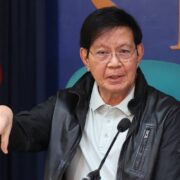

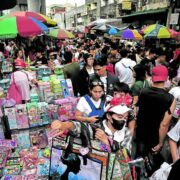
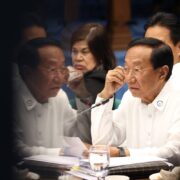
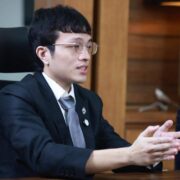
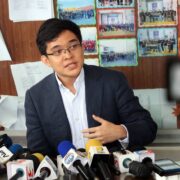
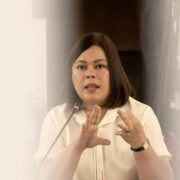

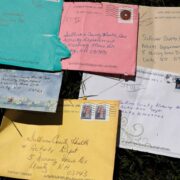

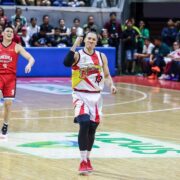
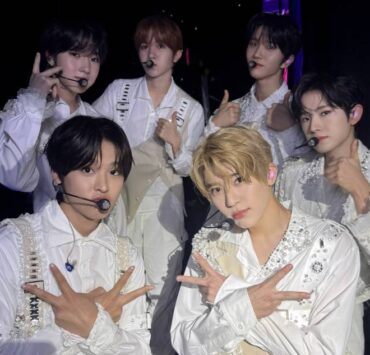
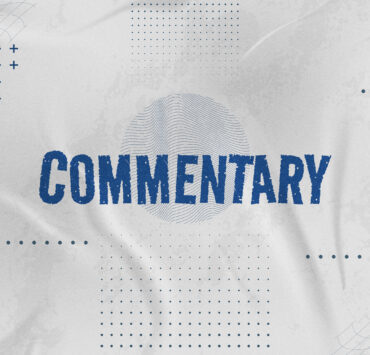



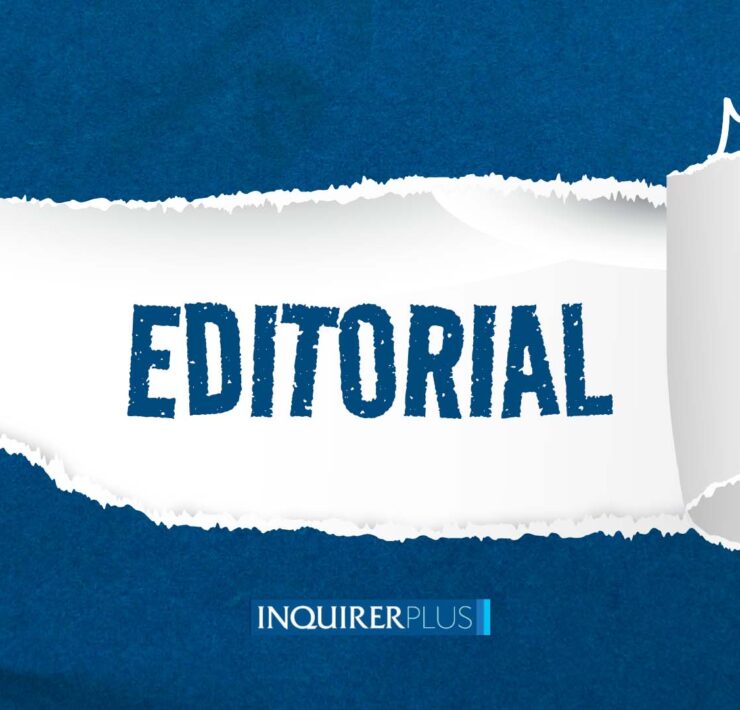


Venezuela attack and the geopolitics of oil control